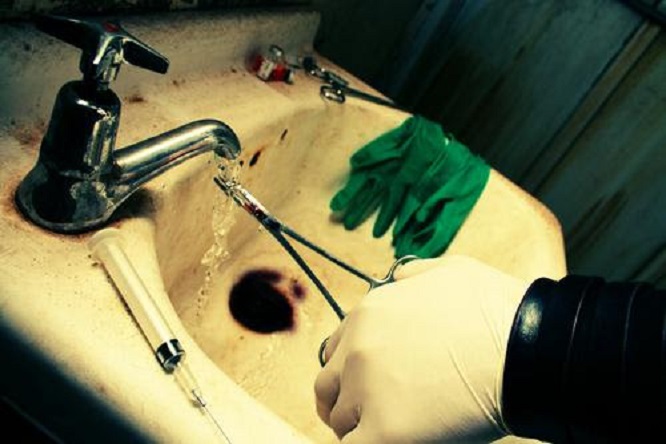The legal battle between the Ohio Department of Health and a Toledo abortion clinic that broke the law continues this week.
The state has been fighting to revoke Capital Care Network of Toledo’s license ever since it was caught violating a requirement that ambulatory surgical facilities have a written transfer agreement with a hospital for patient emergencies. The state won a victory at the state Supreme Court earlier this month.
Last week, however, the abortion facility asked the Ohio Supreme Court to rescind its decision, The Blade reports. Jennifer Branch, an attorney for the abortion facility, said Capital Care now has a transfer agreement with ProMedica Toledo, a local hospital, and is in compliance with the law.
Lawyers for the state responded Monday, arguing that the abortion facility should apply for a new license if it wants to do abortions again.
“The Clinic’s promise to come into compliance now does not change the past,” lawyers for the state wrote in a motion filed Monday. “It rightly lost its old license.”
Branch said the state is being “unfair.”
Here’s more from the report:
The clinic signed a written transfer agreement with ProMedica on Feb. 14. Ms. Branch, in her motion to the court, said that new information should prompt the court to reconsider the case and remand it back to common pleas court.
Attorneys for the state argued the clinic should instead apply for a new license.
“If the Clinic is now eligible for a license by virtue of the new agreement, it can and should simply apply to the Department for a new license, just as any new surgical clinic can do,” the motion reads.
The abortion business is the last one in Toledo.
It frequently ran afoul of state laws. In one case, state health inspectors discovered that after one woman had an abortion, the doctor believed that he might have perforated the woman’s bowel. Capital Care Network did not follow its own medical emergencies procedure, in which it should have called 911. Instead, it sent the patient out the back door and into an employee’s personal car. They dropped her off at the hospital, and then came right back, not ensuring that the woman was treated promptly.
According to a letter from ODH Director Lance Himes and an attached inspection report, on April 11, 2017, ODH representatives inspected the Capital Care in response to a complaint.
Those inspectors reviewed the chart for “Patient 1” and interviewed staff members, including “Staff A,” a “patient advocate” who drove Patient A and her “significant other” to the Toledo Hospital emergency room in her private vehicle and dropped them off before returning to work.
The inspection report indicated that Patient 1 was 11.5 weeks pregnant when she reported to the Capital Care Network for a suction abortion using a plastic vacuum tip. An ultrasound revealed possible retained tissue, but after an inspection of the aborted baby remains, staff reported that they found “placenta with complete fetal parts.” The unnamed abortionist noted in Patient 1’s chart, “possible perforation of bowel in cavity,” then ordered that she be “transferred to the hospital for an ultrasound.”
In order for a bowel to be perforated by a plastic vacuum tip during an abortion, it would require the uterus to be perforated first. The combined uterine and bowel perforations are life-threatening injuries.
The inspection report noted five serious violations identified by the Ohio Department of Health:
• Failure to ensure the Medical Emergencies policy was implemented as written;
• Failure of staff to document and review the event;
• Failed to document and review all adverse events as part of its Quality Assurance program;
• Failed to ensure that the patient transported to the hospital was accompanied by her medical record;
• Failure to provide the patient with discharge instructions upon leaving the facility.








